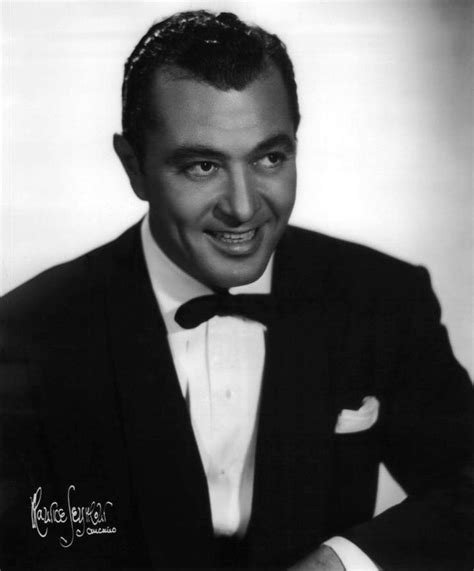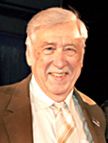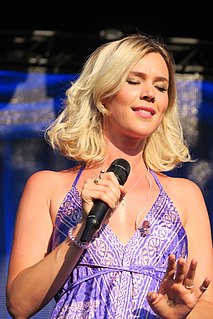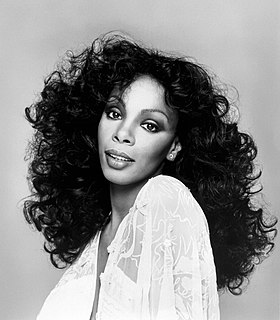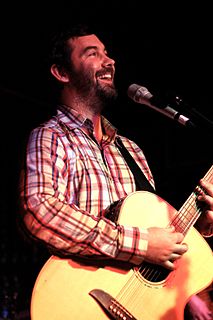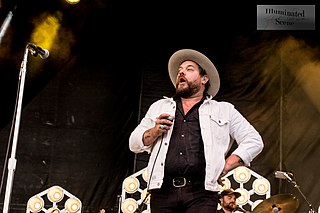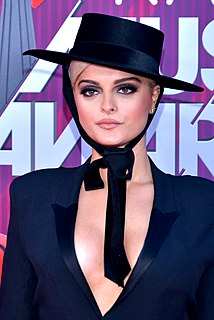A Quote by Tony Sunshine
I most definitely wanted to make a record out of it. Due to the fact of the negativity and things that transitioned over the years, I just wanted to give [Chris Rivers] his space. I had this record "Danger" which Free Smith produced the beat. It was one of the first beats I got when I started recording again and one of the first I sang to.
Related Quotes
What people generally tell you is, "We'll all agree," and then once you sign, they expect to get their own way. I think it was a bit of a surprise that I was still very headstrong even after signing. I wasn't so happy to get a deal that I would agree to anything. In fact, I disagreed on most things and got my way on most things, which I think was to all of our benefit. But they wanted the record to come out, and I wanted the record to come out, so we had to work together.
I didn't worry about my career ending, but there were days where I felt pretty beat up by it all and just pretty tired, because they didn't make it easy for me. And coming right off the last lawsuit, it was the last thing I wanted to get involved in. When it was over, we didn't really celebrate, we were just exhausted. I lost all interest in the record business and never wanted to do anything except hand in a record again.
[Jack Johnson] became a superstar and started his own record label, and then he made and produced my first record, he co-wrote the songs on there, and then he let me open up for him for two years all around the world. And that was like the best start I could've had, the best way I could've started in the music scene.
I wanted to make a record with a twist. I wanted to prove that you could make a record that concentrated on song craft but that was still fun, something you could listen to and love and even dance to, but not hate yourself in the morning. I think I did that. Most of my lyrics come from my own personal journals that I have kept over the years.
When I first came to New York I was a dancer, and a French record label offered me a recording contract and I had to go to Paris to do it. So I went there and that's how I really got into the music business. But I didn't like what I was doing when I got there, so I left, and I never did a record there.
The requests started coming in from other prisoners all over the United States. And then the word got around. So I always wanted to record that, you know, to record a show because of the reaction I got. It was far and above anything I had ever had in my life, the complete explosion of noise and reaction that they gave me with every song. So then I came back the next year and played the prison again, the New Year's Day show, came back again a third year and did the show.
